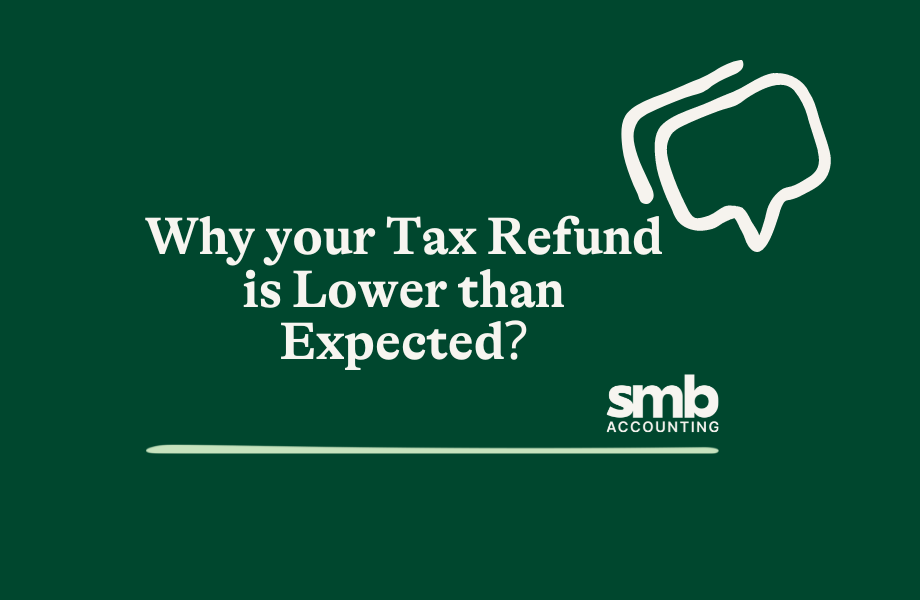Navigating the Complexities of Taxation: Expert Advice for Small Businesses
Navigating the world of small business taxation can be a challenging and time-consuming experience. With numerous deductions, exemptions, and complex legislation to consider, it is crucial to understand how to…










